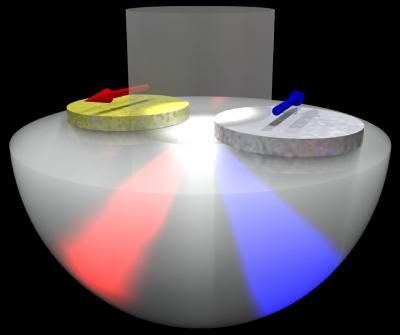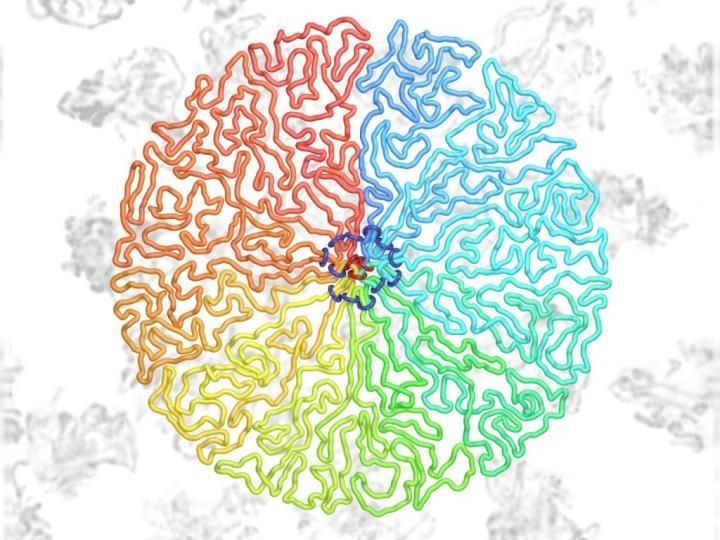European multi-center study suggests PCA3 test more accurate for prostate cancer
DiagnoCure announced that preliminary results from an on-going multi-center study presented last week by independent researchers in Europe indicate that a new Gen-Probe PCA3-based test for prostate cancer yielded greater diagnostic accuracy than the free prostate specific antigen (PSA) test on men with previous negative biopsy.
The information was contained in a poster presentation at the European Association of Urology meeting in Berlin last week, by Dr. Alexander Haese of the University Medical Center Eppendorf, in Hamburg, Germany. The data were from 199 men enrolled in the seven hospital study in Europe. All of them previously had a negative prostate biopsy. In the study, all respondents received a repeat biopsy, Gen-Probe's PROGENSA PCA3(TM) molecular urine test, a serum test for total PSA and a serum test for free PSA.
Based on the interim analysis presented at the EAU meeting, the researchers concluded that the PROGENSA PCA3(TM) assay was better than free PSA at predicting the result of the repeat biopsy. They reported the PCA3 test had a specificity of 73% in the study, compared to only 16% for free PSA. The researchers also said that higher PCA3 scores correlated with a greater likelihood of a positive repeat biopsy. For example, men with an elevated PCA3 score had a 41% likelihood of having a positive repeat biopsy, while men with a low PCA3 score had only a 16% likelihood.
Another promising study presented by Gen-Probe and independent researchers at the EAU meeting showed that the PCA3 score did not correlate with the size of the prostate gland. Importantly, previous research has suggested that the PCA3 score does correlate with the size of the prostate tumor. These findings reflect the fact that PCA3 overexpression is highly specific to prostate cancer. By comparison, serum PSA may be elevated due to a number of benign conditions, resulting in "false positive" results and unnecessary biopsies. In fact, as many as three-quarters of men suspected to have cancer based on PSA testing actually have non-cancerous conditions, such as benign prostatic hyperplasia (BPH).
Most read news
Topics
Organizations
Other news from the department research and development

Get the analytics and lab tech industry in your inbox
By submitting this form you agree that LUMITOS AG will send you the newsletter(s) selected above by email. Your data will not be passed on to third parties. Your data will be stored and processed in accordance with our data protection regulations. LUMITOS may contact you by email for the purpose of advertising or market and opinion surveys. You can revoke your consent at any time without giving reasons to LUMITOS AG, Ernst-Augustin-Str. 2, 12489 Berlin, Germany or by e-mail at revoke@lumitos.com with effect for the future. In addition, each email contains a link to unsubscribe from the corresponding newsletter.
Most read news
More news from our other portals
Last viewed contents
Screening strategy swiftly uncovers new drug candidates

Bimetallic nanoantenna separates colors of light

Diamond dust shines bright in Magnetic Resonance Imaging - Potential alternative to widely used contrast agent gadolinium

Development of stretchable and printable free-form lithium-ion batteries - Realization of stretchable, adhesive, and mechanically deformable batteries that effectively transfer ions






























































